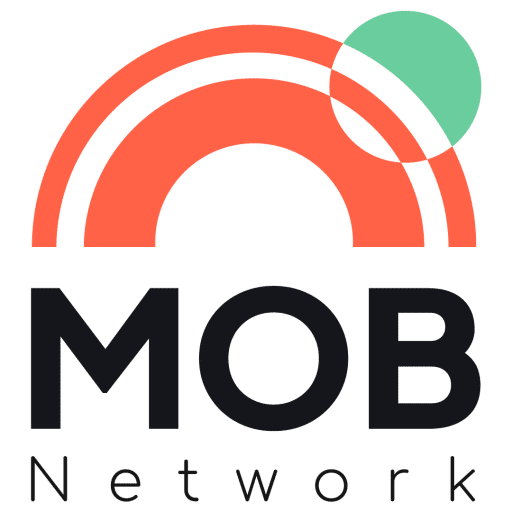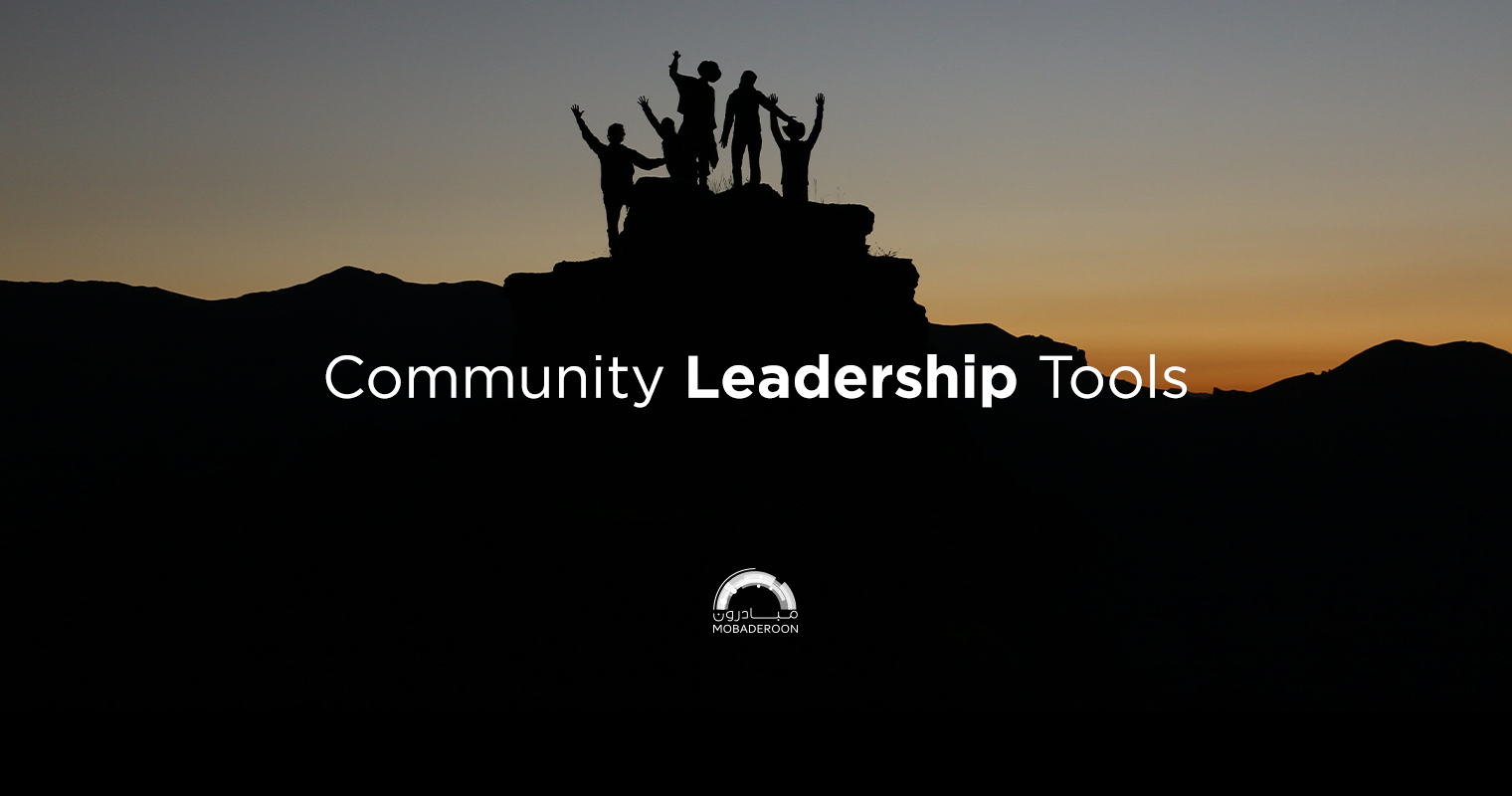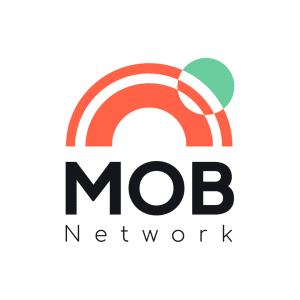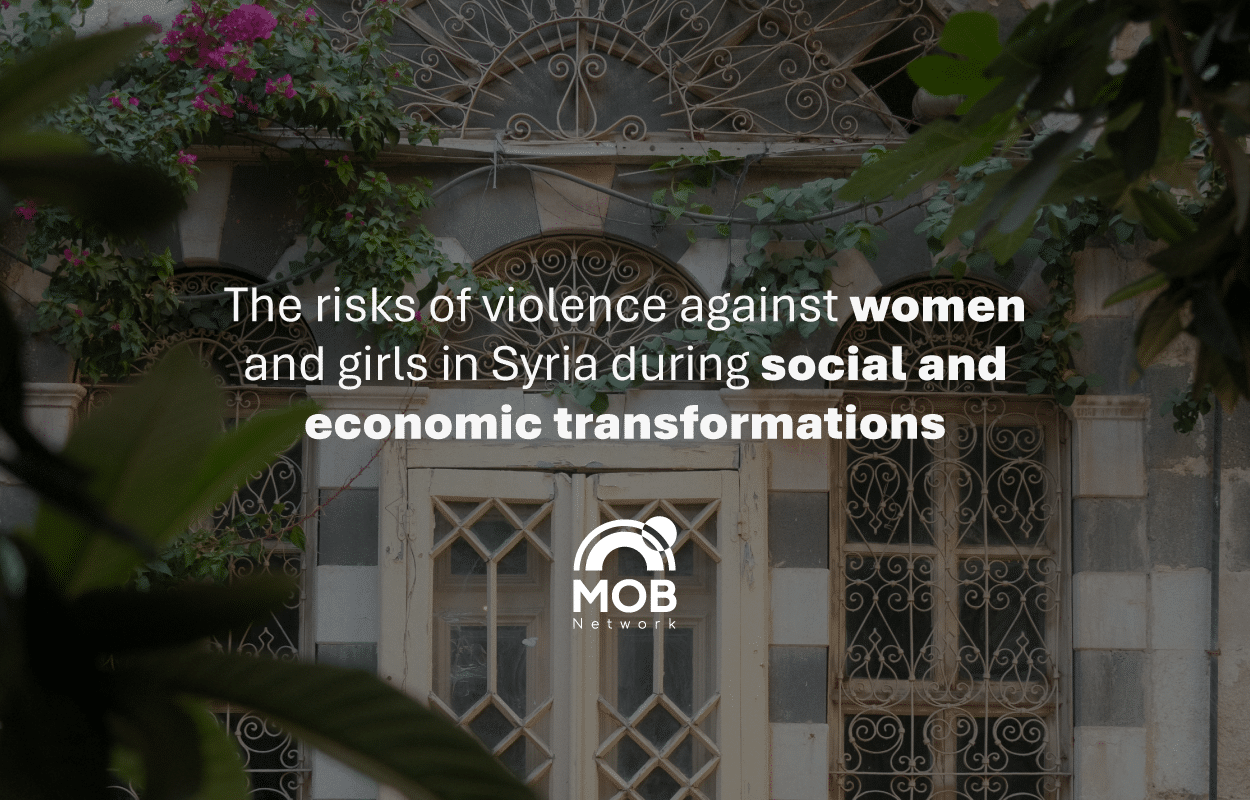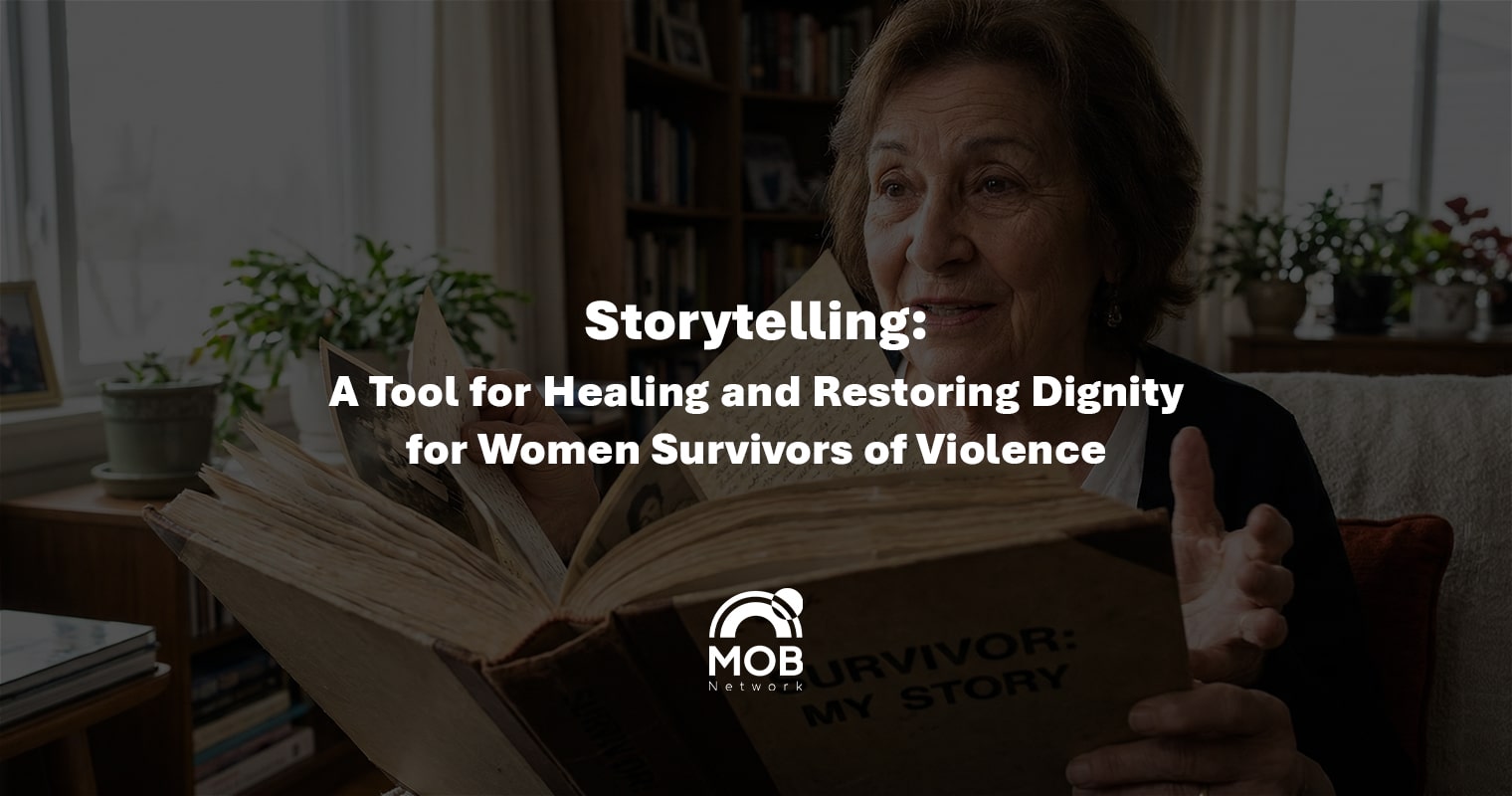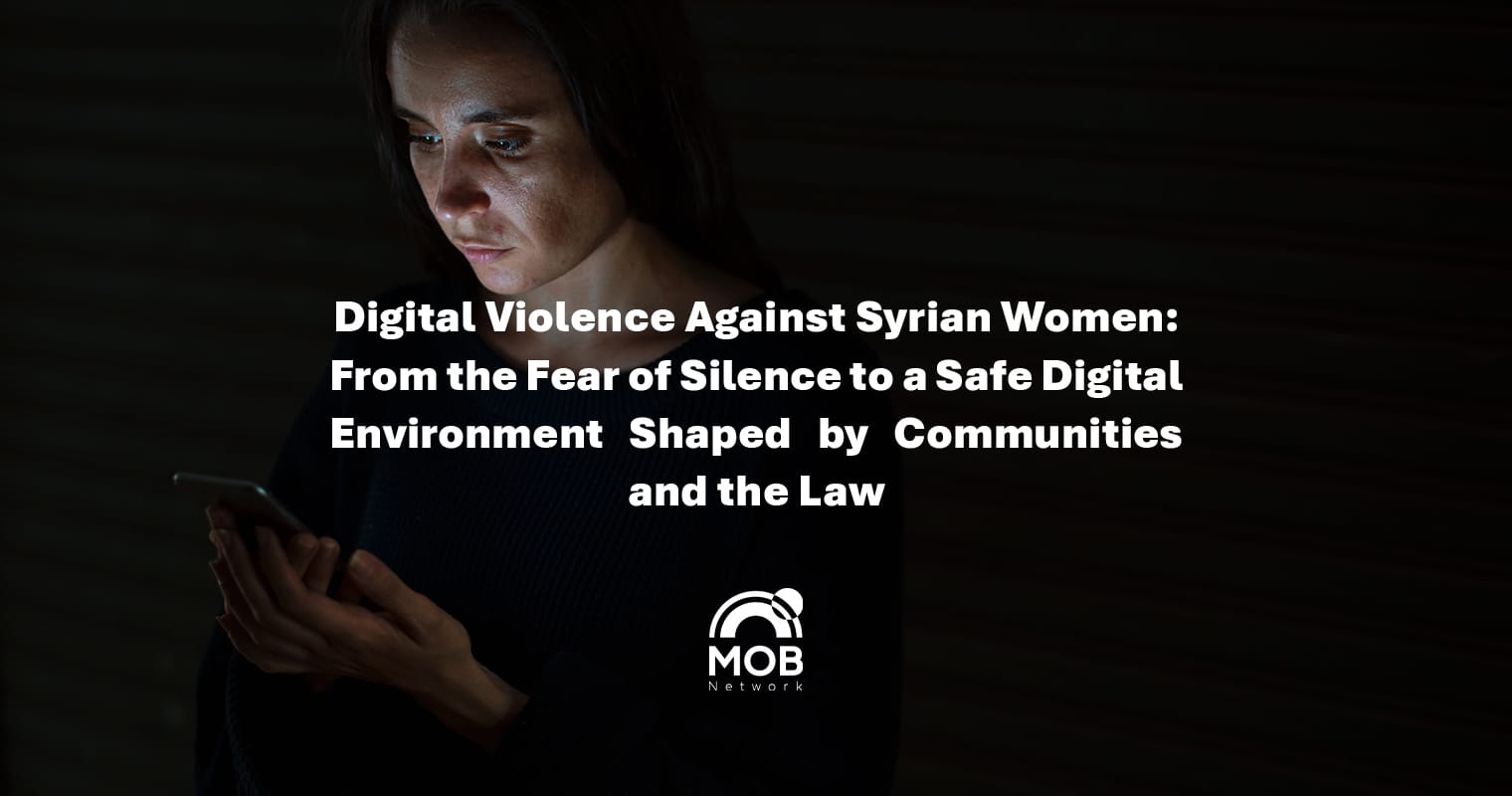- Do you have the ability to know the needs of your community?
- Do you have the skill to explore a problem in your community through your observations and reading of it?
- Does asking questions seem easy or is it really so?
- What is the importance of the powerful questioning tool?
- What do we mean by saying observation/we observe? How do we use this tool in community work?
The community leader uses many tools and skills that help him change his community for the better, and one of these tools is the power of questions and observation. Through these tools, he can monitor and observe the details related to community needs and focus on relationships to reach an understanding of different contexts, in addition to helping to generate ideas that can lead to solutions that are beneficial and have a positive impact on individuals and communities.
Among these tools that we will talk about in our article are observation and questions.
Tool One: Observation
What is the tool of observation?
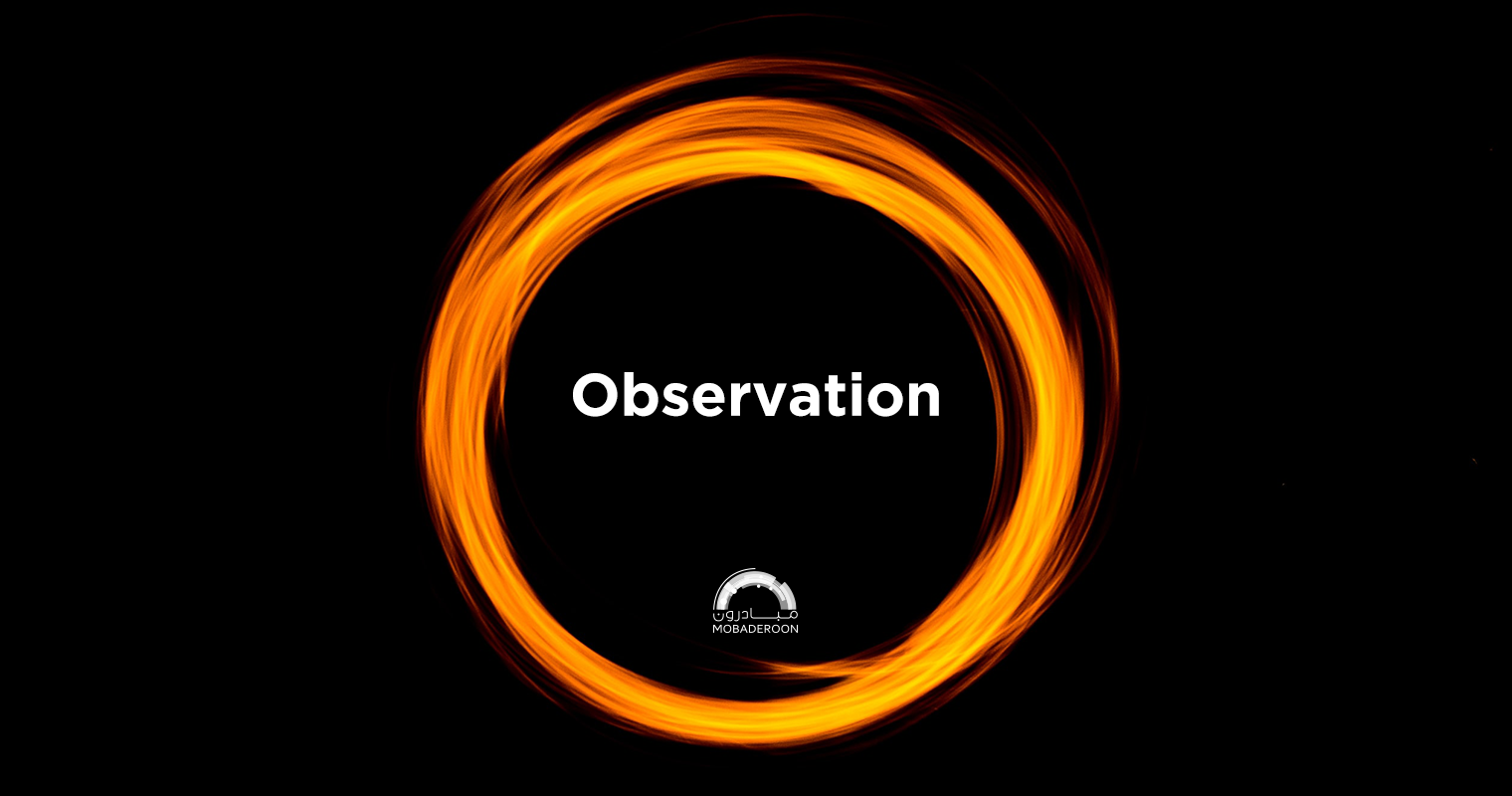
The power of observation is considered one of the tools that those interested in community affairs use a lot, and it is that the interested person observes the finest details around him objectively.
Here it is necessary to review the definition of observation in the research of Mahmoud Ahmed Abu Samra entitled “Research Methods from Explanation to Empowerment”: It is the researcher’s attention and scrutiny towards a particular phenomenon or incident to realize what is in it and the relationships and links between it.
The goal is to investigate, investigate, and explore the facts, and then reach the relationships between the variables, and determine the results.
The same is the case in community work, observation is based on reading the local community that we intervene in and analyzing the situations, information, and details that surround it so that it can build its intervention in a way that is appropriate and appropriate to the context of the community.
The Power of Observation
There is no doubt that the observation tool helps the community leader pay attention to the changes taking place in his community and makes him more attentive to the details that occur. Some of the advantages of the power of observation include:
- Exploring the needs, problems, and challenges facing the community and the changes that occur in these problems during work on them.
- Observation provides an accurate understanding of the environment, taking into account its context and specificity.
- It develops other different skills, such as communication and listening; When a community leader observes a problem, he pays attention to its details and therefore does not make general judgments. There are verbal expressions specific to each environment, which can include something or a specific type of information.
- Observation in some cases provides accurate information that another tool may not provide, for example, the type of radio stations or programs that a community follows. We can accurately monitor them through observation, and if we receive this information from another tool, it is likely to be manipulated or lied about in a specific environment, for example, the way women or the elderly are treated within a particular community, observation can clarify this picture.
Conditions for Effective Observation:
In order for the community leader to observe in an effective way that enables him to benefit from its results, some conditions must be met:
- Objectivity: that is, he is not biased and observes reality as it is.
- Psychological balance during observation; He should not be emotional or tense during his observation.
- Alertness and quick wit.
- To specify exactly what he wants to observe so that he can build the appropriate intervention.
- To be aware of and knowledgeable about other tools and skills to ensure the accuracy and truthfulness of the observation and to be able to intervene effectively in solving the problems of his community.
Do you want to activate your observation to be an active citizen in your community?
You can start with simple things around you, such as observing a neighborhood in your city, a public park, or a vegetable market; Pay attention to all the things around you: the clothes they wear, their conversations, the tones of their voices, their relationships, and how they interact with each other and with others.
It is good to look at the general environment of the neighborhood or the park, and the services provided, and who provides them. To make my observation more effective, I must specify what I want to observe.
"The observer must be like a camera, capturing events as they are in reality without prior judgment."
Claude Bernard Tweet
Tool Two: The Power of Questions
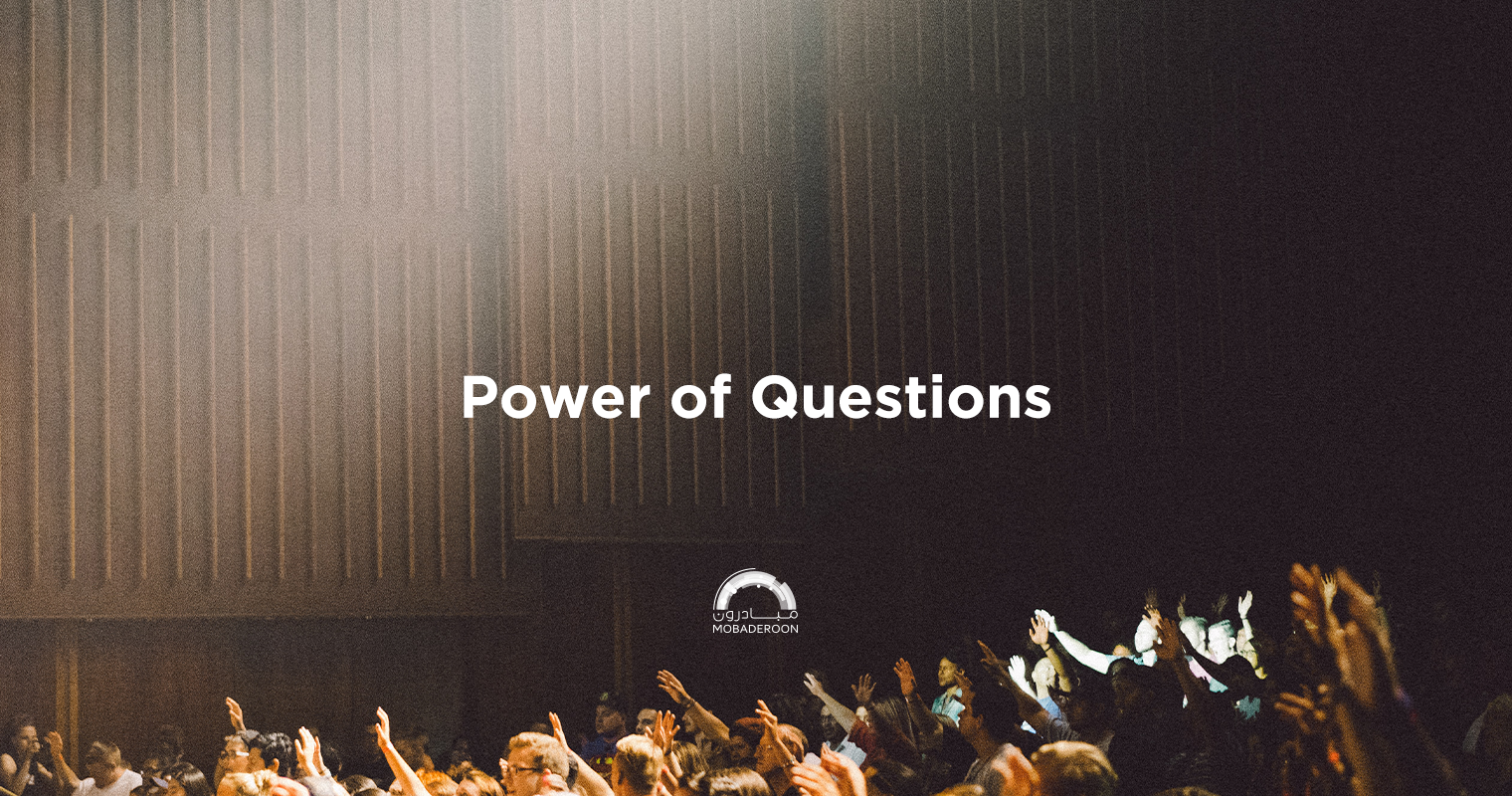
Let’s take a moment to think and reflect on our ordinary day. We will notice that we ask a lot of small questions to ourselves, such as what to wear for this occasion? Or what to eat today? What is the fastest way to get to work?
These questions are important to us because they make our lives easier and make our day pass easily and comfortably. But what about the deep and big questions that can actually make a difference?
The process of asking questions is a skill that a community leader must master, because finding the right question for the current event and at the right time is what develops work steps and contributes to solving existing problems.
Importance of Asking Questions
Asking questions helps to:
- Define the goal that I want as an individual, team, or local community (what do I want to achieve?) This helps to clarify my vision so that the problems in front of me become clear. Here I focus on the important goal and explore what I can work on to improve it, and what would be different if I reached or achieved my goal.
- Helps to ask strong questions to solve problems and find solutions to the challenges that stand in the way of our goal. In many cases, we blame others when we face a challenge. Here comes the role of the power of questions as a tool that motivates us to explore the capabilities, resources, and potential of this team or individual or local community, and how to deal with these challenges that hinder our goal achievement. This is where change happens. Here the role of the community leader emerges who pushes his team to use these resources in the best possible way, not by informing them of what they should do.
Things that must be possessed by the one who asks questions
- Do not hesitate if you need to clarify information or ask for more information, such as saying “Tell me more.”
- Balancing between listening and coming up with another question to complete the information.
- Abandon assumptions when asking a question and encourage people to look beyond their assumptions to reach the truth of the matter.
By: Balssam Ibrahem
Read More about
